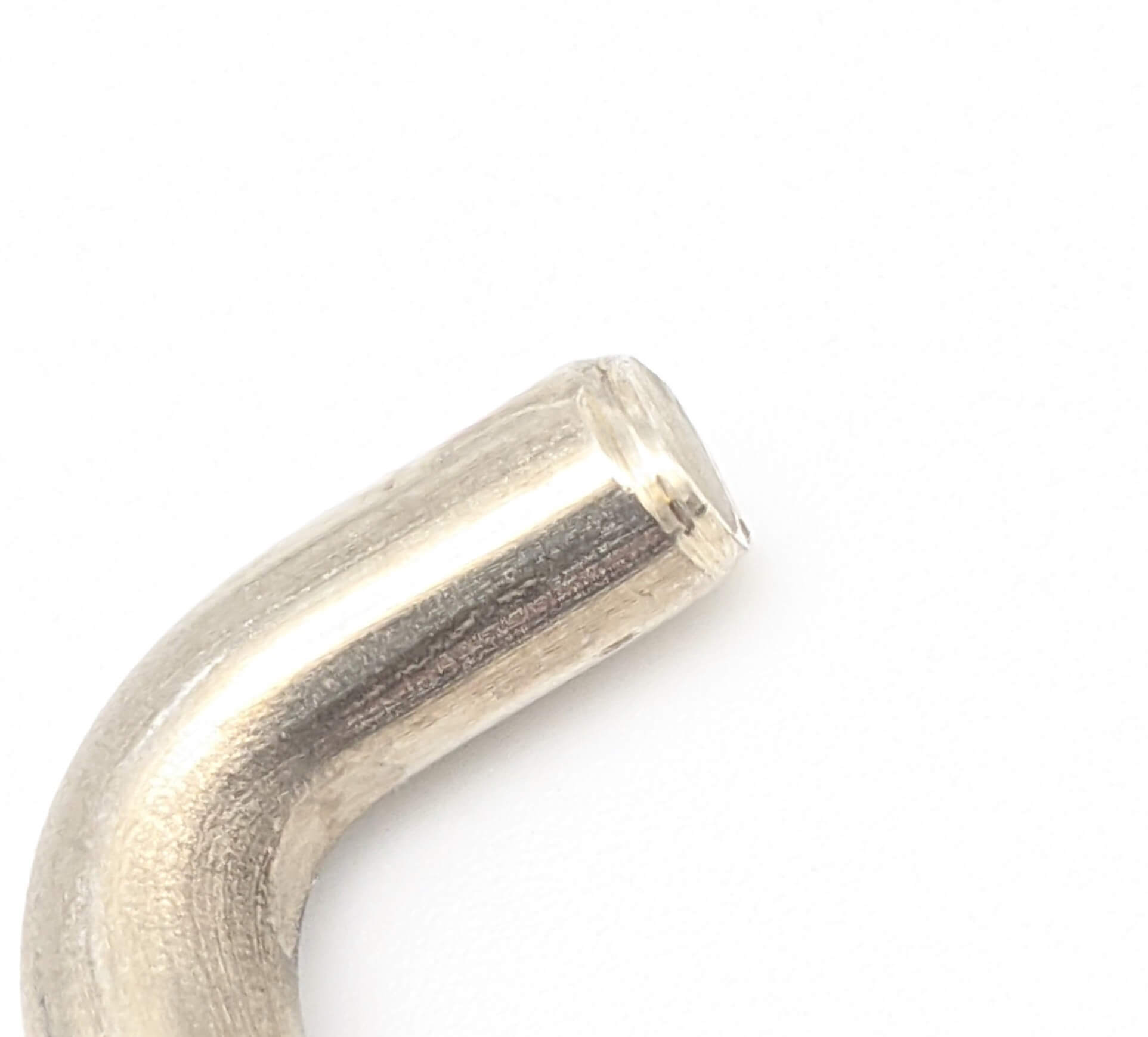Get unique, complex parts easily. No matter your requirements, Chaoyi Spring creates hard-to-produce coil springs and wire forms.
Let us help you create the custom wire form you need, from S-hooks and J-hooks to utility hooks and more.
We work closely with customers across a wide range of industries, helping them design and manufacture made-to-order parts.
Why choose Chaoyi Spring? We prioritize customer-focused collaboration, modern equipment and the latest technology to make your parts per print.
Find the information and guidance you need, from measuring a spring to learning about materials, placing an order and much more.
Garage doors are a marvel of modern engineering, effortlessly opening and closing to protect our vehicles and belongings. But behind this smooth operation lies a crucial element often overlooked –


Garage doors are a marvel of modern engineering, effortlessly opening and closing to protect our vehicles and belongings. But behind this smooth operation lies a crucial element often overlooked – tension springs. These coiled wonders, despite their diminutive size, are the backbone of a garage door's reliable performance. They provide the counterbalance needed to lift the heavy door with ease, ensuring a safe and convenient experience for users. This article delves into the world of tension springs and their vital role in the smooth operation of garage doors.

Tension springs, also known as torsion springs, are coiled springs that store energy when stretched. This stored energy is then released to assist in lifting the garage door. They are typically found in pairs, mounted on a shaft above the garage door, and connected to the door's lifting mechanism. The springs work in tandem to create a counterbalance, allowing the door to be lifted and lowered with minimal effort.
Without tension springs, a garage door would be incredibly difficult to open and close manually. The weight of the door, especially for larger garage doors, would make it a cumbersome and potentially dangerous task. Tension springs alleviate this challenge, making the door's operation safe and effortless. The springs also help to prevent the door from slamming shut unexpectedly, enhancing safety for both people and property.
As you open a garage door, the tension springs unwind, releasing stored energy that helps lift the door. When you close the door, the springs wind up, storing the energy required to lift it again. This continual cycle of winding and unwinding ensures a smooth, effortless operation every time. The key to this smooth operation lies in the precision of the tension spring's design and the careful balancing of the door's weight and the springs' force.
Tension springs are subjected to constant wear and tear due to the repeated cycles of winding and unwinding. Over time, they can lose their elasticity and become less effective. This can lead to a heavy, difficult-to-operate door, which can be a safety hazard. Therefore, regular maintenance and inspection of tension springs are crucial. A professional garage door technician should inspect the springs at least once a year and replace them if needed. This preventative measure ensures the continued smooth and safe operation of your garage door and prevents potential hazards.
There are a few telltale signs that indicate your tension springs need replacement. If your garage door feels heavy or sluggish when opening, it's a warning sign. Other indicators include unusual noises, such as squeaking, grinding, or clunking, as well as visible signs of wear and tear on the springs themselves. If you notice any of these symptoms, it's important to call a qualified garage door technician immediately for inspection and replacement if necessary.
Tension springs are under extreme tension and can be extremely dangerous if handled improperly. They can snap unexpectedly, releasing a significant amount of stored energy that can cause serious injury. Never attempt to repair or replace tension springs yourself. Leave this task to qualified professionals who have the expertise and safety equipment to handle these high-pressure components.
Selecting the correct tension springs for your garage door is crucial for safe and efficient operation. The size, weight, and type of your door determine the type and force of the springs needed. A qualified garage door technician will be able to assess your door and recommend the appropriate tension springs. Using the wrong springs can lead to premature wear and tear and potentially unsafe conditions.
Tension springs may not be the most glamorous part of a garage door, but they are essential for its safe and effortless operation. Their ability to store and release energy, counterbalancing the door's weight, makes a world of difference in the daily convenience of our lives. Understanding their importance and the need for regular maintenance ensures that our garage doors continue to function smoothly and reliably, providing us with peace of mind and a safe haven for our vehicles.
Browse some of the custom wire forms and springs that we manufacture. Don’t see what you need? We specialize in made-to-order products that meet your application requirements.
Visit Our GalleryNeed a custom wire form or coil spring? We make it work. Fill out the contact form and a representative will respond within 1 business day. If you have a PDF or CAD file, you can submit to request a quote.